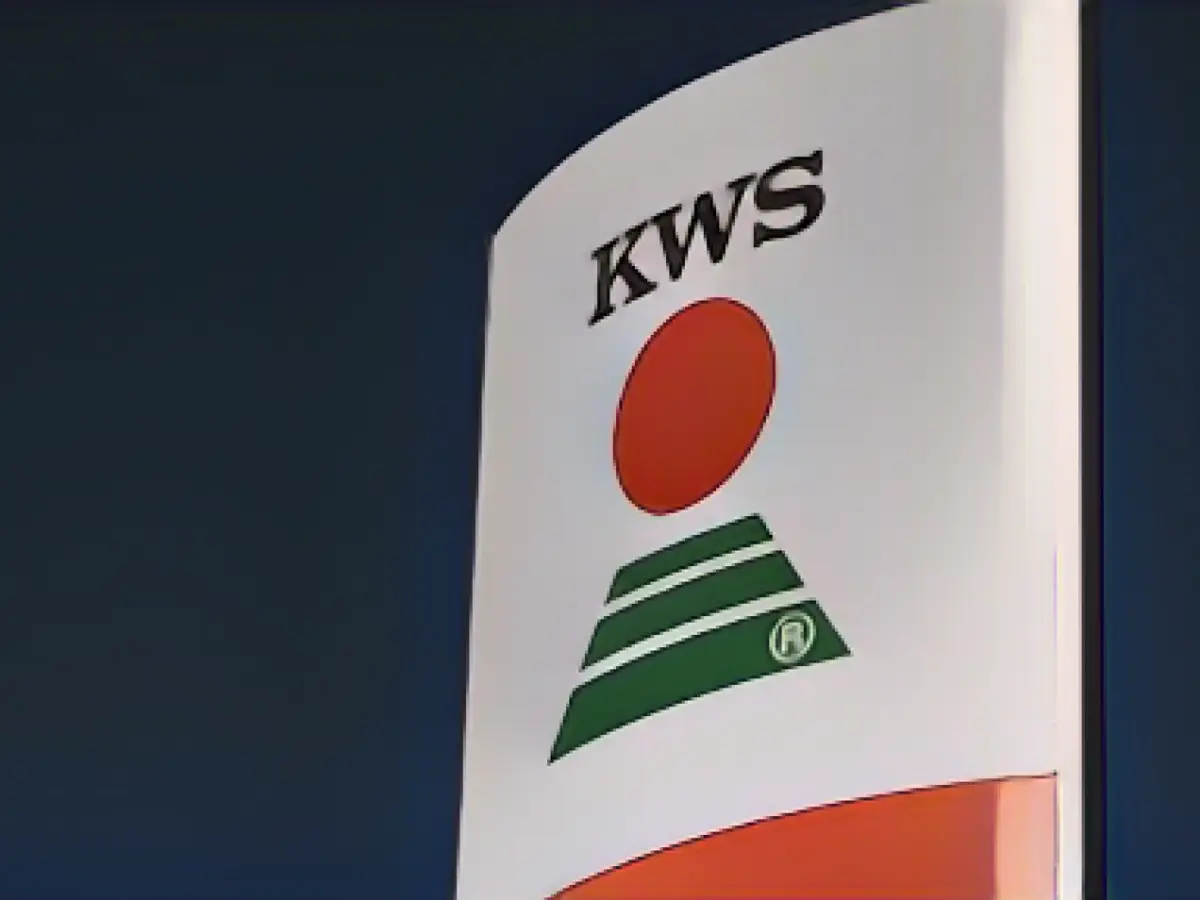Tui's top brass is pondering the possibility of returning to the MDax by delisting from the London Stock Exchange during their upcoming Annual General Meeting in February. Mathias Kiep, the CFO, shares that a staggering 75% of Tui shares are now traded in Germany, leading several shareholders to suggest a shift in listing locations.
The travel giant first listed on the London Stock Exchange following a merger with Tui Travel in 2015. However, a noticeable shift in trading volume between London and Germany has occurred in recent years, with a higher volume now traded on the Frankfurt Stock Exchange within the MDAX index.
A return to Germany could yield several advantages for Tui, including reduced costs, compliance with EU requirements related to airline ownership and control, and an improved equity profile. A 75% approval vote from shareholders would be required for the London delisting to proceed.
Delisting from the London Stock Exchange and focusing primarily on the MDAX could save Tui money and align strategically, but it should be approached cautiously. Factors to consider include market capitalization, regulatory compliance, investor communication, and operational adjustments. The decision should be made after thorough analysis and consultation with stakeholders.
Positioning itself within the European market could benefit Tui by fostering stronger investor engagement and providing a better understanding of operations. Additionally, the regulatory environment in Germany may be more favorable. However, Tui would need to comply with German regulatory requirements, ensure sufficient market value and liquidity, communicate effectively with its investor base, and consider potential operational adjustments.
Enrichment Insights:
Pros and cons to consider when deciding whether to delist from the London Stock Exchange and return to the MDAX include:
Potential Advantages:
- Regulatory Compliance: The regulatory environment in Germany may be more favorable or have less stringent requirements, allowing TUI to operate more efficiently.
- Cost Reduction: Listing fees and compliance costs associated with being listed on the LSE could be lower on the MDAX, resulting in potential savings for TUI.
- Strategic Alignment: TUI's primary operations and customer base may be better aligned with the European market, making delisting and focusing on the MDAX a strategic move to serve its core business more effectively.
Requirements:
- Market Capitalization: TUI would need to meet market capitalization requirements set by the MDAX, which typically involves having a significant market value and liquidity.
- Compliance with German Regulations: TUI would need to comply with German financial regulations and reporting standards, which may differ from those in the UK.
- Investor Communication: TUI would need to maintain strong communication with its investor base, ensuring they understand the reasons behind the delisting and any implications it might have.
- Operational Adjustments: The company might need to adjust its operations to better align with the MDAX’s focus and requirements, potentially involving changes in corporate governance, financial reporting, and investor relations.
- Shareholder Approval: Any decision to delist would likely require shareholder approval, as it involves significant changes to the company’s listing status and potentially its financial structure.
While delisting from the LSE and returning to the MDAX could offer cost savings and strategic alignment benefits, it should be approached with caution, considering market capitalization, regulatory compliance, investor communication, and operational adjustments. Thorough analysis and consultation with stakeholders, including shareholders and investors, should be conducted before making a final decision.








